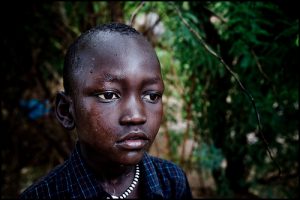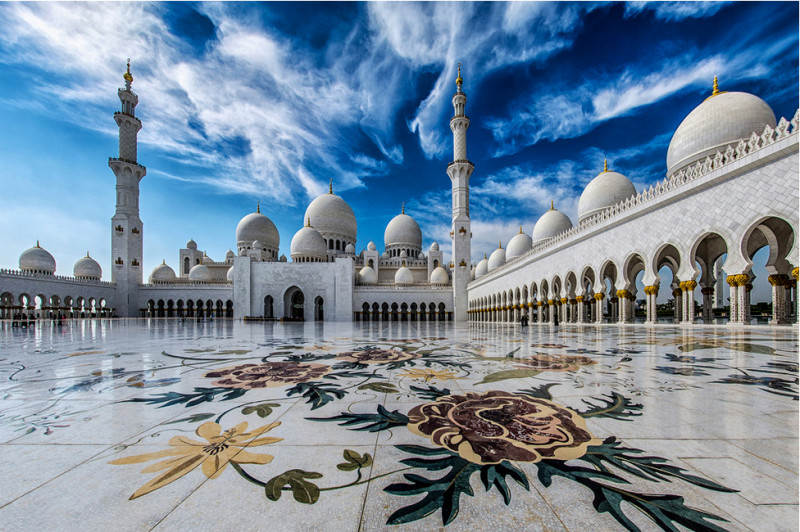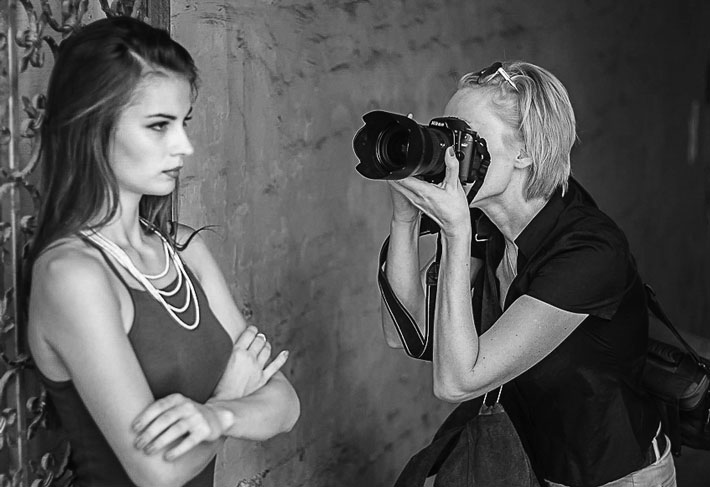HOW TO BECOME A PHOTO REPORTER?
 Every week I receive dozens of letters from people from all over the world. My readers are asking how to become a photo reporter. This is a very difficult question, and there is no definite answer to it. There is only one universal way to become a photojournalist – to act here and now. Nevertheless, I understand the curiosity of many beginning photographers, because the work of the reporter is often shrouded in mystery. People ask where it is better to study photojournalism – at university or on courses, or immediately join the ranks of reporters and create a portfolio? Who is better to work with – with a photo agency or Internet service? Where to begin? What to do? Is it possible? How long will it take? How much money does it take to become a photo reporter?
Every week I receive dozens of letters from people from all over the world. My readers are asking how to become a photo reporter. This is a very difficult question, and there is no definite answer to it. There is only one universal way to become a photojournalist – to act here and now. Nevertheless, I understand the curiosity of many beginning photographers, because the work of the reporter is often shrouded in mystery. People ask where it is better to study photojournalism – at university or on courses, or immediately join the ranks of reporters and create a portfolio? Who is better to work with – with a photo agency or Internet service? Where to begin? What to do? Is it possible? How long will it take? How much money does it take to become a photo reporter?
There is no definite answer to any of these questions. However, I can share my personal experience and personal opinions, formed over the years of work. You should not take this article as the ultimate truth, these are just recommendations that will help you take the first steps in photojournalism.
Probably no. But this should not upset you, because you need to learn photojournalism. My vision is not unique, but for many years I have been looking at the world through the viewfinder. Like most professions, photojournalism is not a special gift given to specific people, but a matter that needs to be learned. And this means that everyone who has a great desire and love for this profession can become a good photo reporter.
First of all, you need to think well about whether you really want to become a photo reporter. Are you ready for the upheavals and changes in life that the profession of a reporter entail? It is impossible to erase from memory already seen. Find a shocking report and view it several times. And then imagine what it will watch in real life.
Imagine how you return home from a business trip and tell your friends about what you have experienced, but they still do not understand you, no matter how detailed you would say about it. Think about how you will communicate with them after that. How will your career affect those who love you?
Try to learn as much as possible about the daily life of photo reporters. Read some books written by journalists. Watch documentaries.
Imagine that in your concept of photojournalism half the romance and four times more inconvenience.
If, having considered everything, you still think that you are not going crazy and are not drinking after such experiences, we will get down to business.
Now you need to think about your plots. If you are unable to leave your family, friends, turn your own life and leave your home country, think about the scenes that can be removed in your city or country. It is best to start a career in photojournalism with this. Take pictures of your hometown, start this right now.
If you decide to leave your home country, think about what will happen to your apartment, bills and property. If you have a husband or wife, boyfriend or girlfriend, pet, etc., it’s time to think about how your decision will affect them.
At the very beginning of my career, I met an experienced editor. She gave me valuable advice and shared her experience. One day, before the tsunami invaded Sri Lanka, I sat in a small Internet cafe and, greatly upset by the lack of sales of photographs, contacted her by phone. She told me: “A journalist needs to work five years to sell his first photo, and another five years to start earning decent money.” Then I was quite experienced, but, watching other photographers, I can say that she is right.
Photojournalism is a difficult profession, and every year it breeds more and more competitors, as cheap digital cameras and hundreds of reporters want to appear. Given the changing industry of the media, photo agencies and publishing houses, it becomes clear that finding a place under the sun will be quite difficult.
The issue of fees is very complicated. At the start of my career for two years, I lived in Asia for $ 200 a month. I was helped a lot by kind people whom I will never forget. I shot with a cheap consumer camera and only in jpeg format, because I did not have the money for an external hard drive to backup my photos. It was difficult, but the lack of money taught me how to use resources efficiently, which helped me develop my own style. How did this happen?
I could not afford a hotel room, so I always spent the night in cheap hotels in neighborhoods where there were a lot of locals. I could not afford a driver and translator, so I walked a lot, and I made many friends, not business contacts. When the tsunami hit, and reporters from prestigious publications were still spending the night in hotels, I stayed in a refugee camp. In Iraq, I spent the night at the camp of soldiers, and not with journalists in hotels.



